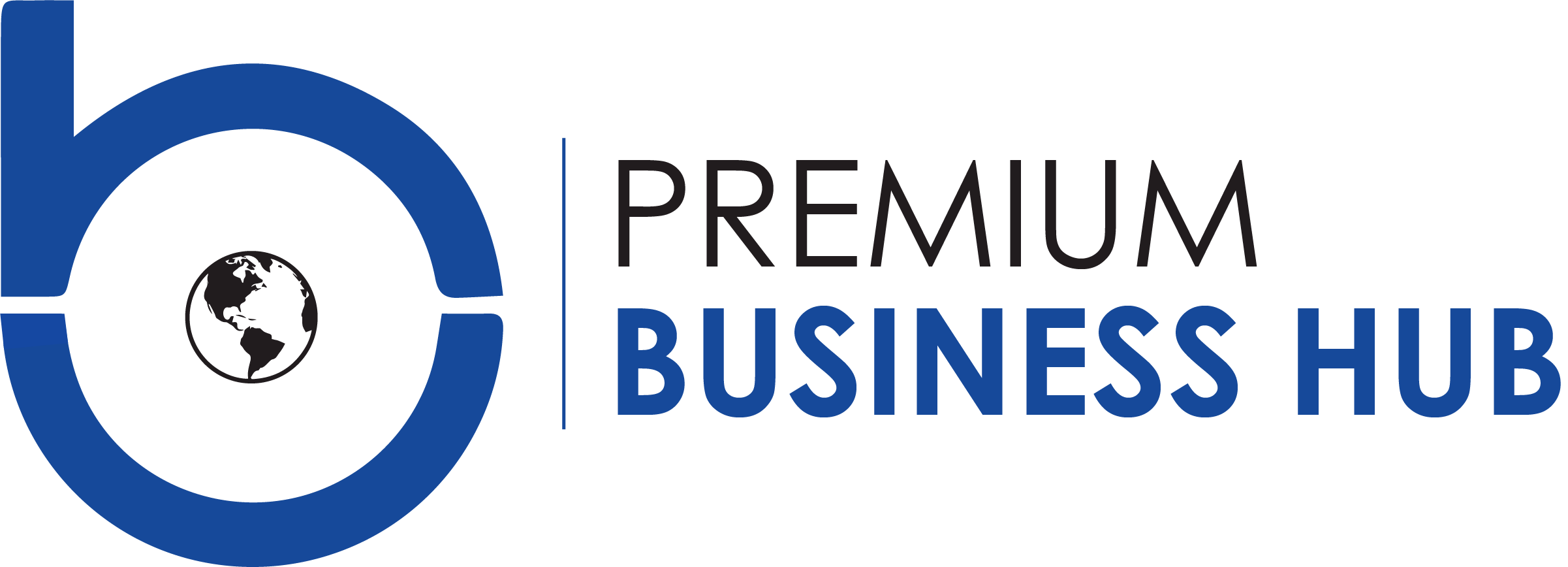Training for Mediators: Building Expertise in Conflict Resolution

Mediation is a powerful tool for resolving disputes, fostering communication, and ensuring both parties reach a mutually beneficial resolution. However, becoming a successful mediator requires more than just an understanding of the theory behind conflict resolution. It requires comprehensive training for mediators to develop the necessary skills, techniques, and knowledge that make mediation effective. In this article, we explore the key elements of mediator training, the importance of specialized programs, and how investing in high-quality training can shape your career as a mediator.
What is Training for Mediators?
Training for mediators is a structured program designed to teach individuals the essential skills and knowledge required to facilitate conflict resolution between disputing parties. The goal of mediator training is to prepare individuals to manage disputes in a neutral and unbiased manner, helping all involved parties reach agreements outside of the courtroom. Unlike traditional legal proceedings, mediation focuses on collaboration, active listening, and empathy, which ultimately leads to sustainable solutions.
Key Components of Mediator Training
- Understanding Mediation Process and Theory
The foundation of any mediation program is a thorough understanding of the mediation process itself. Mediators must learn the stages of mediation, from initial contact to the final resolution. They must also become familiar with mediation theory, which explains the underlying principles of why mediation works and how it can lead to better outcomes than litigation. - Core Mediation Skills
Effective mediation requires a broad skill set, including:
- Active Listening: A mediator must listen without judgment, understanding the perspectives and needs of both parties.
- Empathy: The ability to relate to each party’s feelings and concerns is critical in easing tension and building trust.
- Neutrality: Mediators must remain impartial throughout the process, ensuring they don’t take sides or offer solutions.
- Facilitation and Negotiation: Mediators must guide discussions in a way that encourages open communication while ensuring that both parties have a chance to be heard.
- Active Listening: A mediator must listen without judgment, understanding the perspectives and needs of both parties.
- Cultural Competency and Sensitivity
One of the most important aspects of mediator training is learning to manage cultural differences and biases that may arise during a conflict. A mediator must be aware of cultural dynamics, be sensitive to different communication styles, and address potential cultural misunderstandings. This is especially important in multicultural environments, where mediation may involve individuals from various ethnic, religious, or socioeconomic backgrounds. - Dealing with Difficult Situations and Emotions
Conflict is often emotionally charged, and mediators need to be equipped with strategies to handle intense emotions. Training includes techniques for managing high-stakes or volatile situations, calming upset individuals, and preventing the conflict from escalating. Mediators must learn how to create a safe space for dialogue, allowing each party to express their feelings while maintaining a level of decorum. - Ethical Considerations and Confidentiality
Ethical training is another vital part of mediator education. Mediators must understand the importance of confidentiality and the ethical standards that govern the profession. Participants are taught the dos and don’ts of mediation, ensuring that their actions align with legal and professional ethical standards.
Why Choose Professional Training for Mediators?
While many people may have the interpersonal skills to manage conflicts, professional mediator training enhances these skills with structured methodologies and best practices. Here are a few reasons why choosing a certified mediator training program is important:
- Credibility and Certification
A recognized certification in mediation boosts your credibility as a professional mediator. Many organizations, businesses, and courts prefer to hire mediators who have completed accredited training programs. Certification not only demonstrates expertise but also provides an assurance of competence and ethical practice. - Building a Successful Career
A well-trained mediator can work in a variety of settings—whether in legal cases, corporate environments, family disputes, or community-based conflicts. Comprehensive training prepares mediators to handle different types of disputes and offers them the tools to manage the nuances of each situation. As mediation becomes more popular as an alternative to litigation, the demand for skilled professionals in this field is growing. - Practical, Real-World Application
Mediator training isn’t just about theory; it’s about hands-on experience. Many programs offer role-playing scenarios, case studies, and mock mediation sessions where participants can practice and refine their skills. This experiential learning is crucial for developing the confidence and expertise required to manage real-world disputes effectively. - Impacting Communities
Trained mediators play a significant role in creating more harmonious and productive communities. Whether it’s resolving workplace disputes, facilitating family conversations, or addressing conflicts in schools or neighborhoods, trained mediators help create environments where differences can be worked through constructively. This fosters a sense of peace and cooperation that benefits everyone involved.
Where to Find Training for Mediators?
There are several avenues available for obtaining high-quality mediator training. Organizations like the Conflict Management Institute offer comprehensive programs designed to equip aspiring mediators with the tools they need for success. Whether online or in-person, these training programs are structured to meet various levels of expertise, from beginners to advanced practitioners.
Additionally, it’s important to look for programs that offer certification and are recognized by professional bodies. Accredited programs typically adhere to national standards and ensure that their training is up-to-date with the latest developments in conflict resolution practices.
Read also: Spreading Joy and Purpose: The Impact of Charity Greeting Cards
Conclusion
Training for mediators is a vital step toward becoming a professional in the field of conflict resolution. The skills gained through formal mediator training empower individuals to navigate complex situations, foster positive communication, and facilitate mutually agreeable resolutions. Whether you are pursuing a career in mediation or seeking to enhance your conflict management abilities, investing in proper training is the key to success.
By understanding the mediation process, developing core skills, and adhering to ethical practices, you will be well-prepared to handle disputes in any environment, whether personal, professional, or legal. As mediation continues to grow in importance, the demand for skilled mediators will only increase, making this an excellent time to start or expand your career in this rewarding and impactful field.




